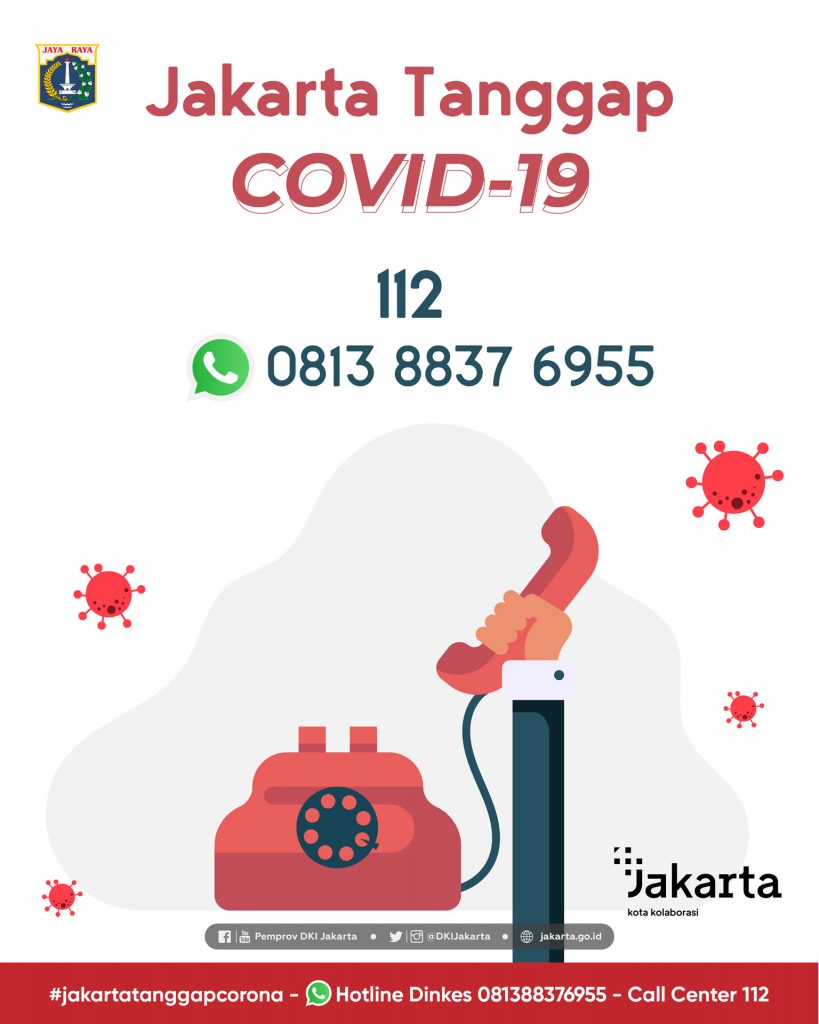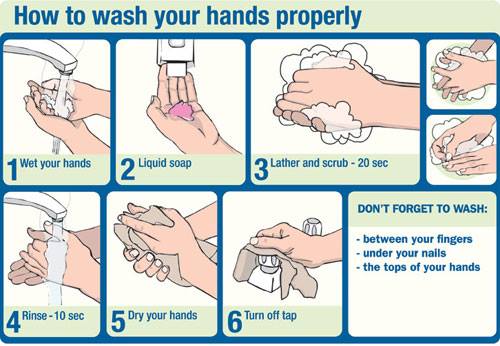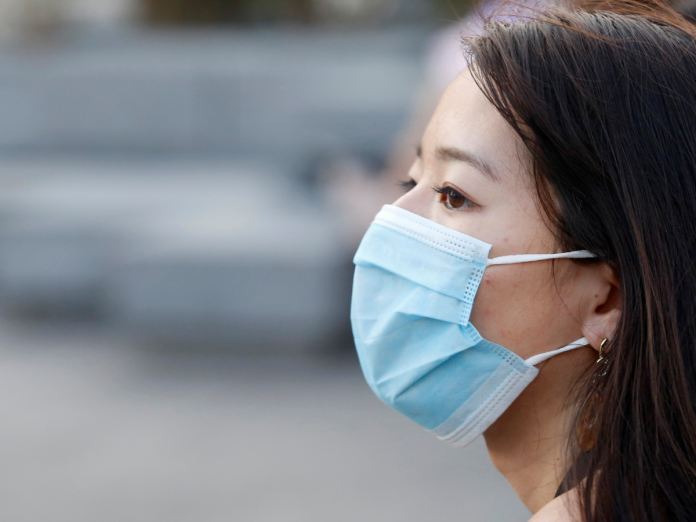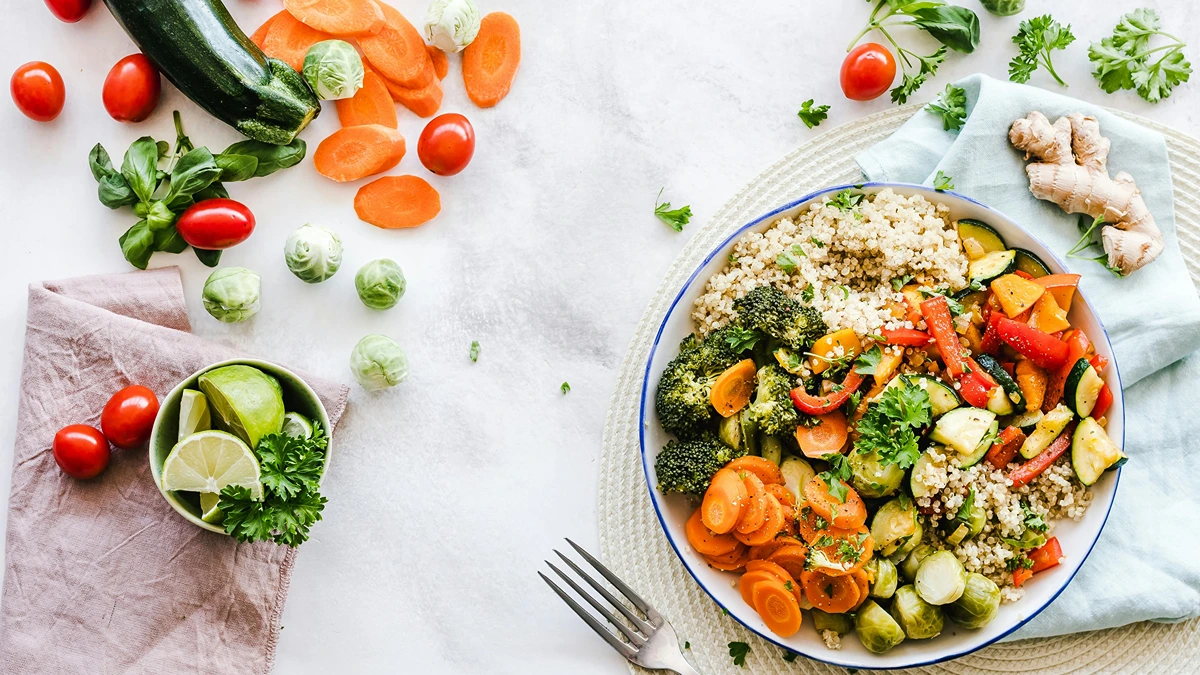Fears of the coronavirus have confined thousands as a means of slowing the spread of the infectious virus.
But as coronavirus concerns spur restricted travel and quarantine, questions are popping up about what it even means to be quarantined. Is everyone in quarantine infected? How does it work if you have family or roommates?
What is a quarantine?
When someone is quarantined, that doesn’t mean they are infected with the coronavirus.
Quarantines are meant to restrict the movement of people who may have been exposed to the contagious disease but haven’t tested positive.
The Centers for Disease Control and Prevention recommends 14 days to see whether flu-like symptoms develop. The 14-day incubation period is based on what researchers know about the incubation period of MERS, which is in the same family as the novel coronavirus.
The biggest lifestyle change in quarantine is the lack of mobility. The CDC recommends restricting activities outside your home, except when you need to go to the doctor.
“Do not go to work, school or public areas,” the CDC advises. “Avoid using public transportation, ride-sharing or taxis.”
According to the guidelines, home quarantine is applicable to all such ‘contacts’ of a suspect or confirmed case of the coronavirus. A ‘contact’ is a healthy person who has been in such association with an infected person or a contaminated environment. The person may have been exposed to the disease and is, therefore, at a higher risk of developing the disease. As the infection continued to spread its tentacles across the globe, here are the guidelines for home quarantine.
In the case of coronavirus, a contact could be:
- A person living in the same household as a COVID-19 case;
- A person having had direct physical contact with a COVID-19 case or his/her infectious secretions without recommended personal protective equipment (PPE) or with a possible breach of PPE; and
- A person who was in a closed environment or had face to face contact with a COVID-19 case at a distance of within 1 meter including air travel.
What should be done during home quarantine?
The home quarantined person should:
- Stay in a well-ventilated single-room preferably with an attached/separate toilet. If another family member needs to stay in the same room, it is advisable to maintain distance of at least one meter between the two.
- Stay away from elderly people, pregnant women, children and persons with co-morbidities within the household.
- Restrict his/her movement within the house.
- Not attend any social or religious gathering such as wedding, condolences, etc. under any circumstances
- Wash hands as often thoroughly with soap and water or with alcohol-based hand sanitizer.
- Avoid sharing household items like dishes, drinking glasses, cups, eating utensils, towels, bedding, or other items with other people at home.
- Immediately inform the nearest health center or call Covid-19 Emergency Hotline 112, if symptoms appear like cough, fever, and/or difficulty in breathing.

Duration of home quarantine
The home quarantine period is for 14 days from contact with a confirmed case or earlier if a suspect case (of whom the index person is a contact) turns out negative on laboratory testing.
Here are some instructions for the family members of persons being home quarantined:
- Only an assigned family member should be tasked with taking care of such a person.
- Avoid shaking the soiled linen or direct contact with skin.
- Use disposable gloves when cleaning the surfaces or handling soiled linen.
- Wash hands after removing gloves.
- Visitors should not be allowed.
- In case the person being quarantined becomes symptomatic, all his close contacts will be home quarantined for 14 days and followed up for an additional 14 days or till the report of such case turns out negative on lab testing.
Besides personal care of contact and family members, environmental sanitation is also important during home quarantine, which are as follows:
- Clean and disinfect frequently touched surfaces in the quarantined person’s room, like bed frames, tables etc., daily with disinfectant.
- Clean and disinfect toilet surfaces daily with regular household bleach solution/disinfectants.
- Clean the clothes and other linen used by the person separately using common household detergent and dry.






